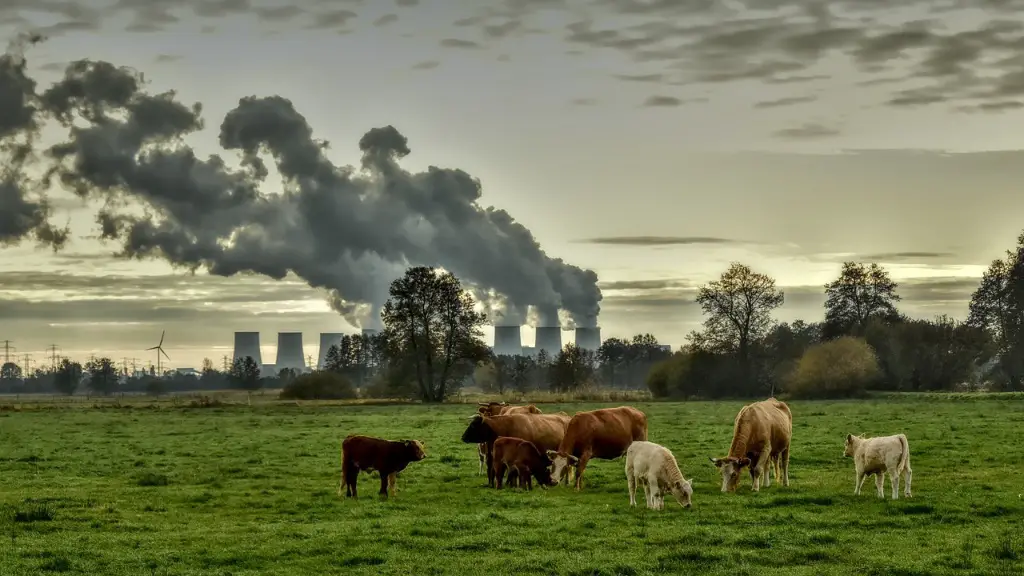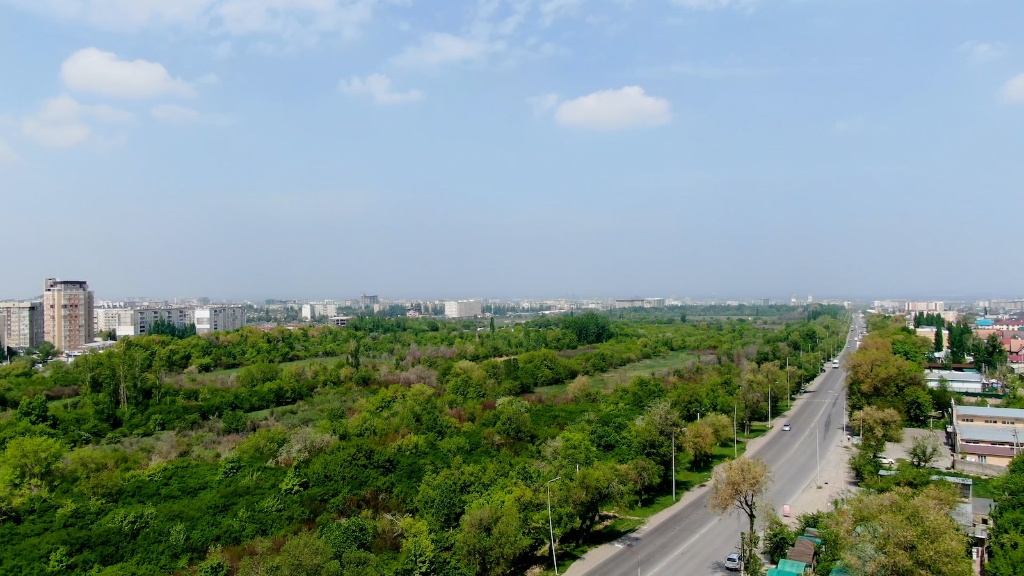Global warming has been a topic of increasing concern for many years now and scientists have been searching for the cause for some time. The root causes of global warming have been identified as being primarily related to pollution from various sources, and in particular from human activities. In this article, we will discuss the three main causes of global warming and analyze the implications of each one for our planet and for the future.
The first contributing factor to global warming is greenhouse gas emissions. These gases trap heat from the sun and cause the atmosphere to warm. According to the Intergovernmental Panel on Climate Change, greenhouse gas emissions from burning fossil fuels such as coal and oil are the single largest contributor to global warming and account for approximately two-thirds of cumulative carbon dioxide emissions since pre-industrial times. In addition to releasing carbon dioxide into the atmosphere, burning fossil fuels also produces other pollutants, including nitrogen and sulfur oxides, which can further contribute to global warming.
The second major cause of global warming is deforestation. Deforestation occurs when forests are cleared for agricultural or urban development, or when trees are harvested for timber and paper. Removing trees not only reduces the amount of carbon dioxide stored in the soil, but also decreases the number of greenhouse gases that can be captured by the trees from the atmosphere. Deforestation is believed to have caused an estimated 15-20% of global greenhouse gas emissions since pre-industrial times.
The third main cause of global warming is land-use changes, such as urbanization and changes in agricultural practices. Urbanization has increased carbon dioxide emissions as cities burn more fossil fuels to meet the needs of their population. Additionally, changes in agricultural practices, such as the conversion of grasslands to farmland or the overgrazing of land, can increase the amount of carbon dioxide released into the atmosphere. Land-use changes are thought to account for an estimated 10-15% of global greenhouse gas emissions since pre-industrial times.
Global warming has grave consequences for our environment and for human life. Warming temperatures are leading to extreme weather events such as heatwaves, droughts, floods, and hurricanes; rising sea levels; and ocean acidification. Additionally, as global temperatures rise, earth’s natural habitats and ecosystems are coming under strain, threatening the viability of species around the world. In some areas, climate change is resulting in a loss of crop yields, displacement of populations, and famine.
In order to address global warming, we must reduce our emissions of greenhouse gases. This requires collective action from the global community. Governments and industry must transition to renewable energy sources such as solar and wind, discourage deforestation, and promote sustainable land-use practices. Additionally, individuals must work to reduce their own emissions by conserving energy, reducing waste, and purchasing low-carbon products.
Global warming is a complex threat that requires drastic and immediate action to address. To mitigate its effects, we must all work together to reduce our emissions of greenhouse gases and promote sustainable land-use practices. By doing so, we can ensure a more prosperous and sustainable future for our planet and its inhabitants.

